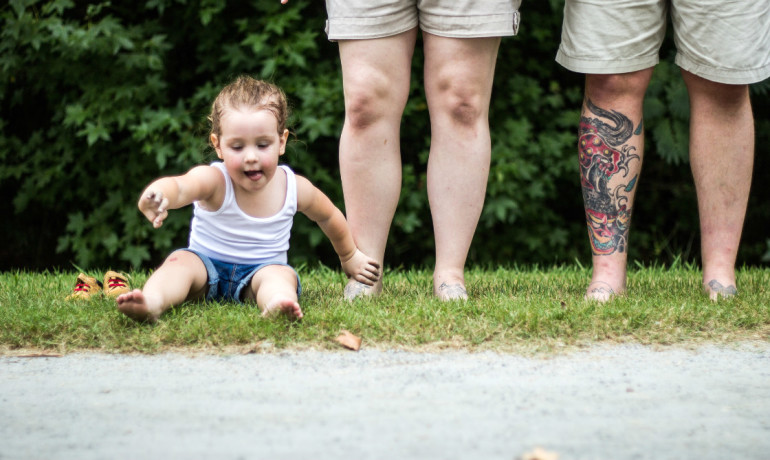"Some parents believe their children weigh less than they actually do—a misperception that could have important implications for childhood obesity.
For a recent study, 1,007 parents of children 5 to 15 years old were asked to give opinions about their own weight and eating, and that of their children.
The findings reveal that parents were significantly less likely to be accurate about their child’s obesity than their own obesity. In the survey, 49 percent of parents correctly labeled their child’s weight-status, while 45.2 percent underestimated it; 62.8 percent correctly labeled their own weight-status, while 30.1 percent underestimated it.
The study, published in the journal Obesity, also found that perceived child weight was related to disordered eating, body image concerns, and parent feeding practices more so than the child’s or parent’s actual weight, says Janet Lydecker, postdoctoral associate in psychiatry at Yale University.
“I have a particular interest in the role parents play in childhood eating disorders and obesity, including parents’ perceptions of eating- and weight-related problems and their corresponding parenting practices,” she says.
“Parents have considerable influence on their children’s health, and have—for the overwhelming majority—good intentions, which makes them key agents of change in the prevention and treatment of childhood weight and eating disorders.”
Researchers say the findings “suggest a dual need to improve parent accuracy perceiving children’s overweight/obesity and to guide parent responses to perceived overweight/obesity.”
Carlos M. Grilo, professor of psychiatry and of psychology, and director of the Yale Program for Obesity Weight and Eating Research is a coauthor of the study".
If you share this, there will be a lot of parents with a util information!!
Fuente: www.futurity.org
